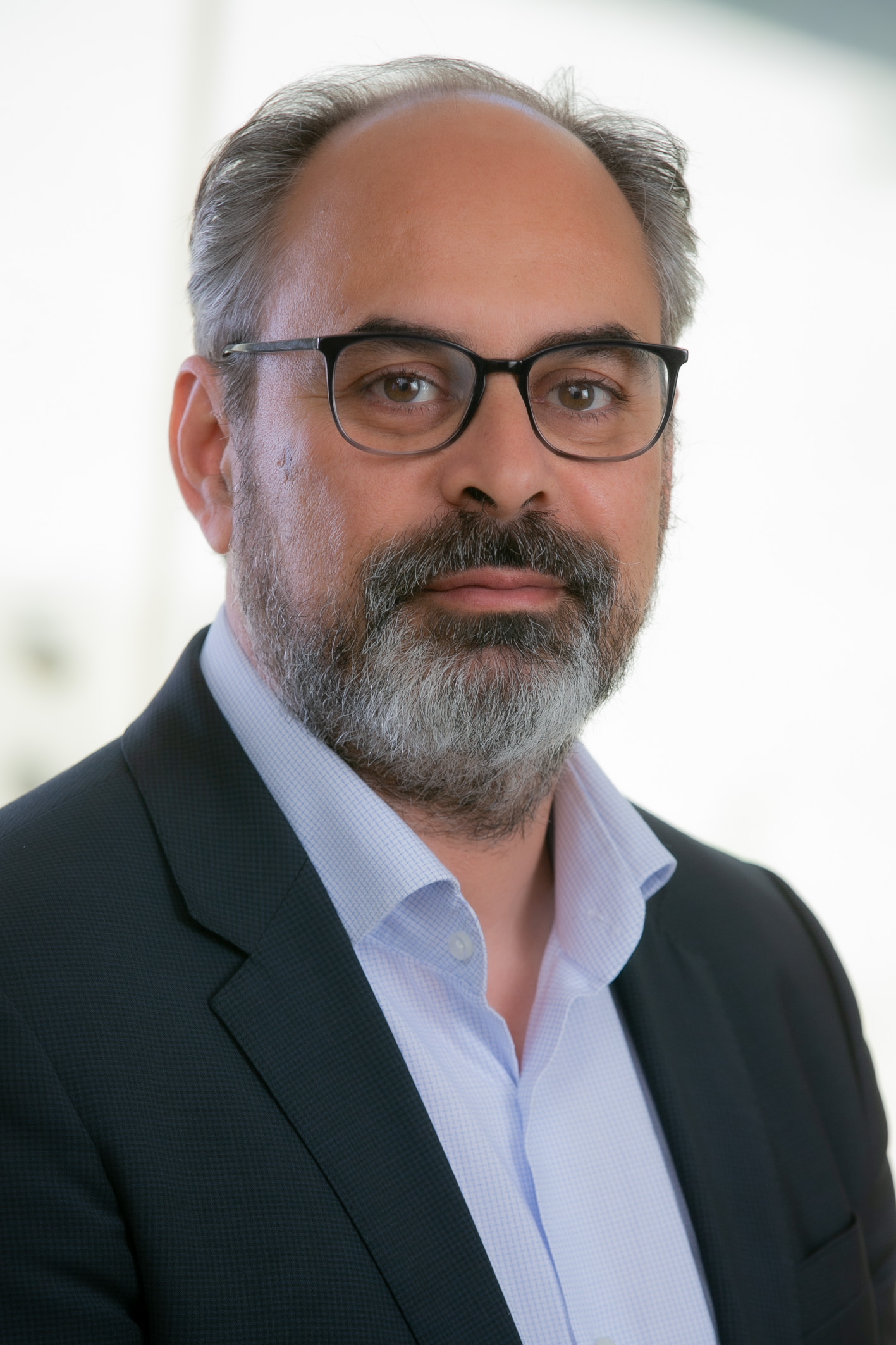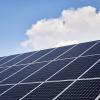
IIASA is proud to announce that Energy, Climate, and Environment Program Director, Keywan Riahi has been selected as a member of the scientific advisory board of the Vienna Climate Council. Members of the council are appointed by the mayor and agree to hold this position for at least two years.
 © Silveri | IIASA
© Silveri | IIASA
The Vienna Climate Council was set up to advise politicians and the administration of the City of Vienna on the development of climate policy projects. It consists of three boards that work together in different spheres. At the core of the council is an independent scientific advisory board consisting of high-ranking experts from science and research that advise Vienna's Mayor Michael Ludwig and Jürgen Czernohorszky, Executive City Councilor for the climate agenda, on climate policy challenges and necessary measures for the implementation of climate policy activities in the city's sphere of influence.
Together with the council’s more than 40 members, Riahi will be helping to identify strategic initiatives, projects, and programs to achieve Vienna's climate policy goals, while deepening dialogue and transparency to support the City of Vienna in positioning itself in the Austrian and European discourse.
Riahi is a prominent figure in the climate science community and has ample experience in providing policy advice in climate related matters. In recent years, he has also actively been participating in activities to address climate change specifically in Austria ̶ the institute’s host country ̶ through the Austrian Panel on Climate Change (APCC). He is currently serving as co-chair of the APCC’s second Assessment Report on Climate Change in Austria, which will provide a scientific survey and assessment of the previous, current, and potential future effects of climate change in the country, focusing on national and regional conditions alike.
In addition to the above, Riahi has served as lead author and review editor to various international assessments, such as the Global Energy Assessment, The World in 2050 (TWI2050), and other reports by the Intergovernmental Panel on Climate Change (IPCC), including the Third, Fourth, and Fifth Assessment Reports, the Special Report on Emissions Scenarios, the Special Report on CO2 Capture and Storage, and the Special Report on Renewable Energy.
The institute extends its heartfelt congratulations to Keywan Riahi on this important appointment and look forward to continued and fruitful collaboration between IIASA and its Austrian partners.
News

26 June 2024
Wavelet phase difference and granger causality: Evidence connecting phase difference inference to granger causality

21 May 2024
IIASA is among the scientific partners of the Vienna Climate Biennale with CircEUlar project

29 April 2024
